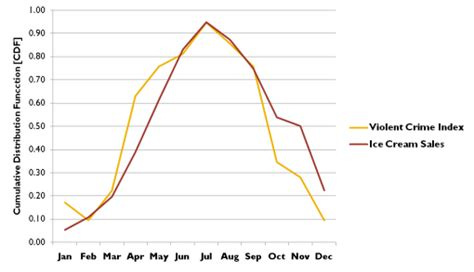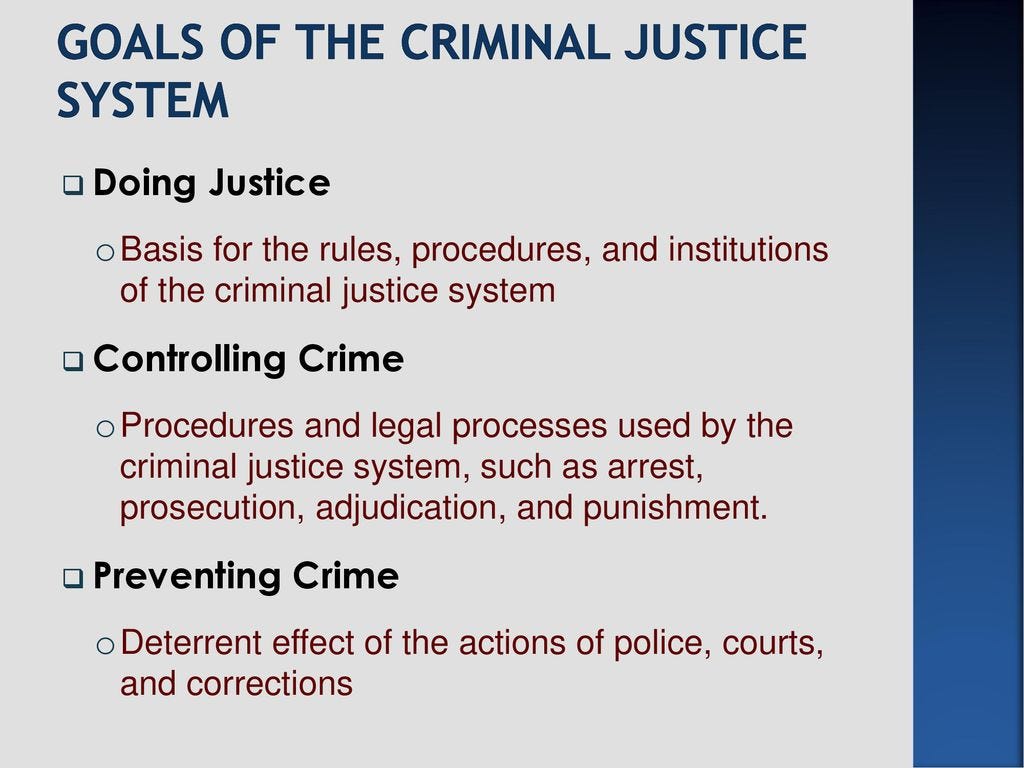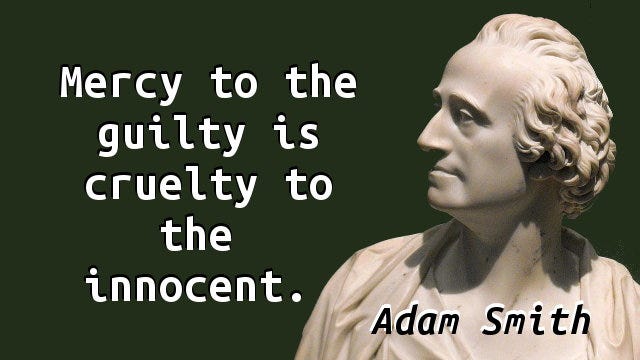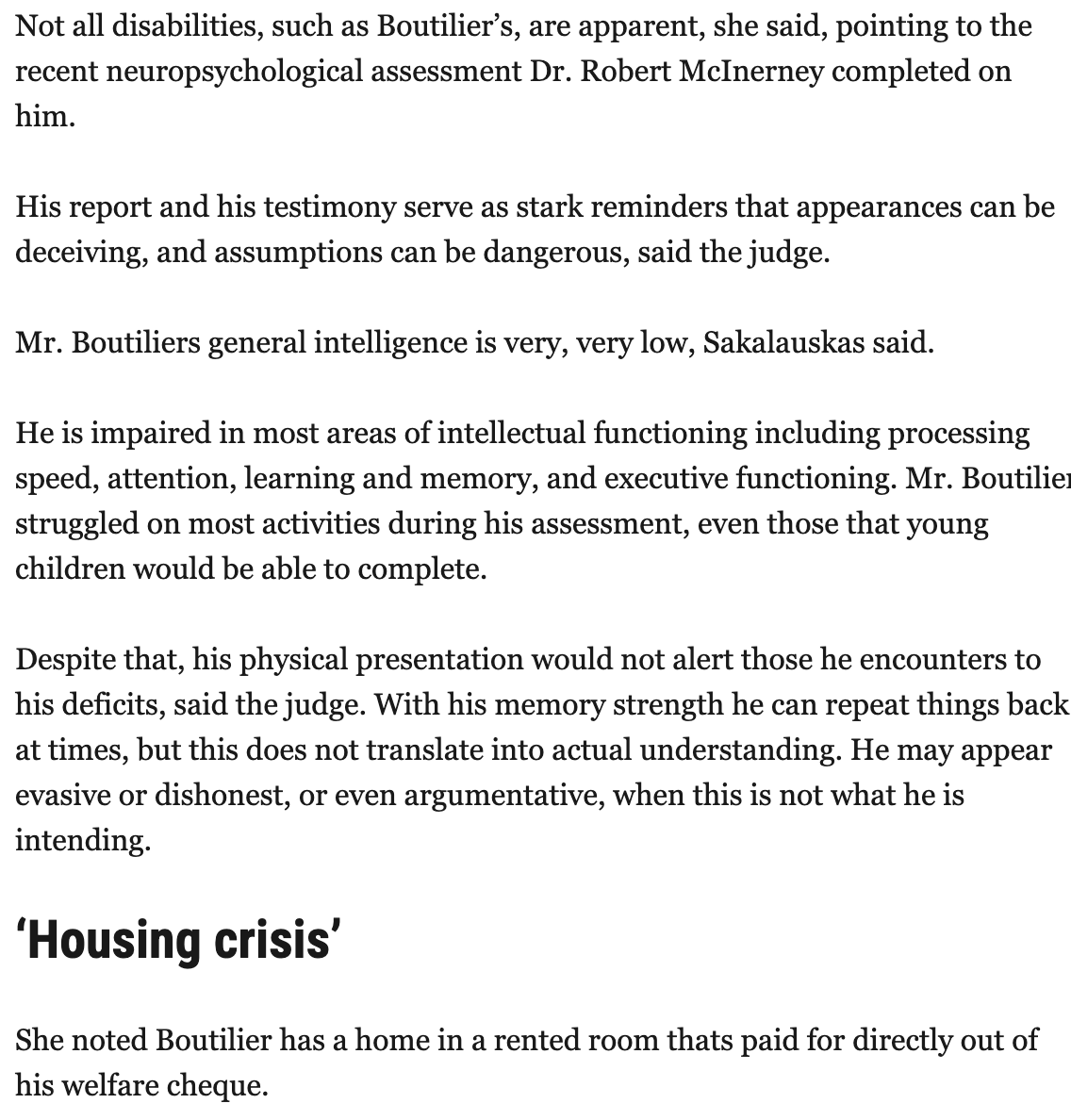I’ve seen many, many thousands of patients in my ER career. Some have stuck with me over the years.
One of these was an officer who had been punched in the face by a criminal. Two teens with extensive records had stolen a car. Police were alerted, but when they approached the car the thieves took off at high speed. The officers broke off the chase as per protocol and followed at the speed limit, losing sight of the car on a twisty road.
Coming around a corner they found the car on it's roof, heavily damaged, wheels still spinning. The officer ran to the car, concerned for the boys. As he bent over and looked in the window, he was thanked with a fist to the side of his nose.
I was surprised that he did not seem bitter at the kid who had punched him. But he was frustrated. “You know the worst thing?” he said to me as I attended to him. “This is the third time I arrested this kid in the last few months”. He said he was glad he was retiring soon. “There are no consequences anymore. Nothing happens to them”, he said. He told me they would hold the kid overnight, but that the next morning he would appear before a judge and again be released to his mother’s care with conditions: no alcohol, a curfew, attend school, and do not associate with certain conspirators. That is to say, the same conditions he was under when he stole the car.
A dearth of justice
My friend’s rental unit was damaged and burgled to the tune of over 15,000 dollars. There was no question the renter did it, as there were witnesses and photos. She was known to police already for similar incidents. But the police showed no interest. He was told not to bother pursuing charges. When I received a credible threat from a disgruntled patient, police showed no interest in acting, and in fact the officer I spoke with discouraged me from charging him. “It often just makes them angry” she politely explained to me. This was despite the threat having been documented and relayed to me by the College of Physicians and Surgeons. The patient had made the threat through their ombudsman, while in the process of complaining about me. (As an aside, I was still required by the College to formally respond to his complaint. There were consequences for me, but none for him. This is even though he was known to police, and had previously made threats against others.)
Many of us have had similar unsatisfying interactions with the legal system as police have learned through frustrating experience to throw their hands up and shrug their shoulders. Their paperwork has increased while consequences and convictions have decreased. I can only imagine how frustrating this has to be for them to operate a revolving door for offenders who are briefly remanded and then released, very often committing crimes while on probation or under conditions of release.
Stories abound of infractions ranging from petty crime to assault eliciting little more than a shrug and a meek smile of apology from police. But can you blame them? Like teachers who try to enforce standards, police receive little support from the larger bureaucratic framework in which they are embedded, and in fact are often undermined by it.
Why police have lost their mojo
A few years back, I read an article that really struck me as being emblematic of just how off-mission our justice system has strayed. It helped me understand why police feel like it’s just no longer worth their time to pursue most criminals.
(I’ve pasted the text of the article in at the bottom of this Substack for those who wish to read it in detail. You will glean much by the title, but you may want to skip to the end of this Substack to read the details of the article first, as it will help put my thoughts in more context.)
What was striking about the article was not that Mr. Boutilier - yet another repeat and dangerous offender - received no punishment for repeatedly breaking the law. That is just a regular day in the justice system of the 2020’s. Rather, it was interesting just how open and honest Judge Sakalauskas was about her ideological reasons for not sending the offender to jail.
Criminals are actually victims of society
Judge Sakalauskas does not consider Boutilier to be responsible for his own actions. Why? He is of low intelligence. He had a hard childhood. He is poor. And he is a drug abuser. So how can he be expected to behave? How can we expect him to control himself? To Judge Sakalauskas, the perpetrator of over 300 (known) crimes is actually a victim of circumstance, not an author of his own misfortune.
Judge Sakalauskas is the ultimate toxic mother. In her way of seeing the world, Boutilier is who he is because of a failure of society to care for him. Had he been given better free housing, more care, more opportunities, and more money, he would not have had to commit crimes. If only we all gave him a giant hug, he would be a better man.
Her reasoning is circular. He wouldn’t commit crimes unless he was a victim. So he is obviously a victim, as evidenced by the fact that he has committed crimes.
Correlation is not Causation
If we excuse criminal behaviour based on substance use, low intelligence, poverty, or adverse childhood experiences (ACE’s), then no criminal would be responsible for his behaviour. I worked in the prison system for a time, and I can tell you that I did not meet one offender who did not have one of these risk factors.
And there is another problem with Judge Sakalauskas’s thinking. She is guilty of a logical fallacy that some call “reverse causation”. Even if most criminals suffered ACE’s, the fact remains that great majority of those who suffered ACE’s don’t become criminals. Similarly, and thank goodness, the vast majority of people of below-average IQ or income, and most people with addictions, don’t engage in criminal behaviour. Those with Judge Sakalauskas’s worldview confuse correlation with causation, or in some cases get the causation arrow reversed, in thinking that criminality can be explained by life circumstances.
Is Mr. Boutilier addicted because he is of low intelligence, as Judge Sakalauskas suggests? Or has 30 years of crack use perhaps addled his brain a wee bit? Is he a victim? Or has he made bad choices?
The Justice System does not exist solely for the offender
Judge Sakalauskas seems to forget, as well, that incarceration’s primary goal is not to “fix” the offender, as she suggests with her “band-aid” comment. Courts are not social welfare programs, and judges are not social workers.
Even if it were true that the offender is not responsible for his 315 offences because of the hard knocks he has suffered, and even if it is true that jailing him will not improve his personal situation, this does not mean that putting him in jail is unwarranted.
People of good faith can disagree on whether Mr. Boutilier is the author of his own demise, or a victim of cosmic circumstance, or somewhere in between. But that discussion is somewhat academic. The primary purposes of incarceration are punishment, incapacitation, and deterrence. Paul Bernardo was not jailed to benefit Paul Bernardo, but rather to protect society and provide some degree of justice to his victims’ families (if that is possible with such a heinous crime). The other goals of incarceration - rehabilitation and re-integration - must necessarily be secondary to the primary goal.
When a judge like Sakalauskas considers the utility of jail only from the perspective of the offender - what it will or will not do for him - she forgets that her primary responsibility is to protect the great majority of us who are law-abiding citizens. Boutilier can’t rob a little old lady or punch a police officer in the face when he is in jail. Jail may not help Mr. Boutilier, but locking him up may very well benefit society.
Criminal Justice is not Social Justice
The legal system seems to have forgotten its primary purpose: to find and punish criminals. Judge Sakalauskas and her ilk have forgotten that their main duty is to the rest of us, not the offender. Why?
As with every institution touched by the government, our justice system has swung wildly left. Many scholars feel that with the possible exceptions of education, journalism, and social work (and I would argue Medicine), law has been the most overtaken by neo-Marxist and post-modern ideology. Is Rule of Law even possible in a society that no longer believes in truth or actual JUSTICE (the kind without “social” preceding it)? A society where the primary purpose of every organization is now to produce “equity”?
We are a long way down this road. The aggressive prosecution of Daniel Penny, who stepped up on a NYC subway car to protect other riders from a dangerous criminal, at the same time that a grand jury declined to indict a black man in very similar circumstances, shows just how wildly unjust the justice system can become when it is carjacked by activists to be made into a vehicle for social justice.
What is the duty of a judge?
As a boy, I delivered the newspaper to a judge in my neighbourhood. I recall him as a soft-spoken, moustachioed, wise, cigar-smoking older gent. He wasn’t an “advocate” for “diversity” - nor anything else for that matter. I think he likely saw his duty as being to even-handedly apply the law to the cases that came through his court. But with the wild leftward tilt of our law schools, and now our whole justice system, is it any surprise that the Judge Sakalauskases of the world are not only produced by our law schools, but lauded and promoted to the bench? And is it therefore any surprise when offenders with a history of 315 convictions are released (undoubtedly to offend again), ‘because social justice’?

Go ahead and be an activist on your own time
I have no problem with Judge Sakalauskas being a “2SLGBTQ+ activist” or a social justice activist or advocate outside of her work. She could volunteer or work at a food bank or drug rehab centre. She can dance on a float in a pride parade. Fill y’er boots, I say! But she goes too far when she uses the power bestowed upon her by her appointment to the bench to promote her ideology, while failing in her responsibility to protect the public: a duty that is a requirement of her position. A judge cannot do her job unless she throws off her ideology before she throws on her robes. Otherwise, true justice is cast aside to make way for her “social justice”.
A judge’s job is to punish criminals, not to fix their social ills. The legal system exists not for the benefit of criminals, but for the benefit of the rest of us who seek to live in safety and security. Until we re-establish these fundamental principles, we are destined for more crime, disorder, frustration, and justice denied.
(the original article is below)


















And you didn't even mention the damage that Gladue has done to the justice system and how there are now race-based laws and the concomitant sentences (or non-sentences) based on the thin excuse of "intergenerational trauma," that thing that appears to make every perp a victim of "reconciliation" (something that will never be achieved because only one side knows the rules). The reason indigenous people are over-represented in the penal system in Canada is because they commit the most crimes. Full stop. If you want to change this incarceration ratio address the big ole elephants in the room, don't change the legal system to favour one demographic group.
There is little accountability for what you do these days. There are a number of excuses made to benefit the person accused of something. So if the individual takes no responsibility for their actions and a judge or jury do not implement any accountability for the action, then we find ourselves where we are today. Our legal system is as fractured as our medical system.